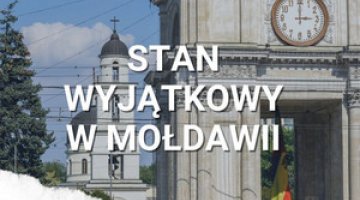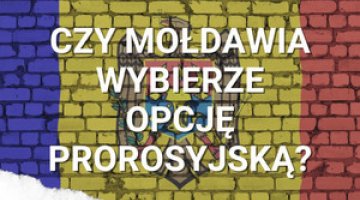Analyses
Chances of electing a president in Moldova receding
After the first meeting on 27 January between the prime minister Vladimir Filat of the ruling Alliance for European Integration (AIE) and the Communist Party representatives on electing a president, it has become clear that hope of their reaching an agreement is increasingly illusory. The parties are showing a complete divergence of views, and the Communist Party’s actions suggest that it wants to bring about new elections.
The AIE has 59 votes in the Moldovan parliament, two short of the majority needed to elect a president (the Communists have 42 seats). The discussions have revealed substantial differences between the parties. Above all, the Communist Party (PCRM) absolutely refuses to support the AIE’s presidential candidate, the Democratic Party leader Marian Lupu. Instead it puts forward the idea of finding a ‘non-political’ candidate. The political polarisation in Moldova makes finding such a candidate a hopeless task. Moreover, the rejection of Lupu’s candidature suggests that the Communists intend to undermine the coherency of the AIE rather than come to an agreement with it. Lupu’s candidacy is itself the result of a compromise on division of the government posts among the parties which make up the AIE coalition and his withdrawal would necessitate a renegotiation of the coalition agreement. At the same time the PCRM, while accusing the AIE of trying to delay the election of president indefinitely, has appealed to the Constitutional Court for an unambiguous interpretation of the provisions concerning election deadline; on this pretext, the party has refused any further talks pending the decision of the Court, which is to consider the matter on 8 February.
The Communists’ behaviour indicates that they are prepared to provoke yet another early parliamentary elections, hoping that the deteriorating economic conditions (prices are rising) and conflicts within the governing AIE coalition will lead to its defeat at the polls. <wrod>




